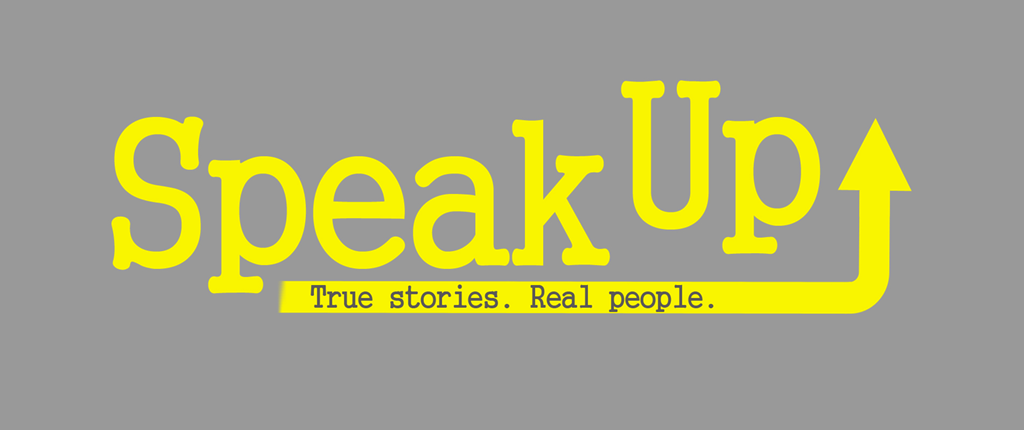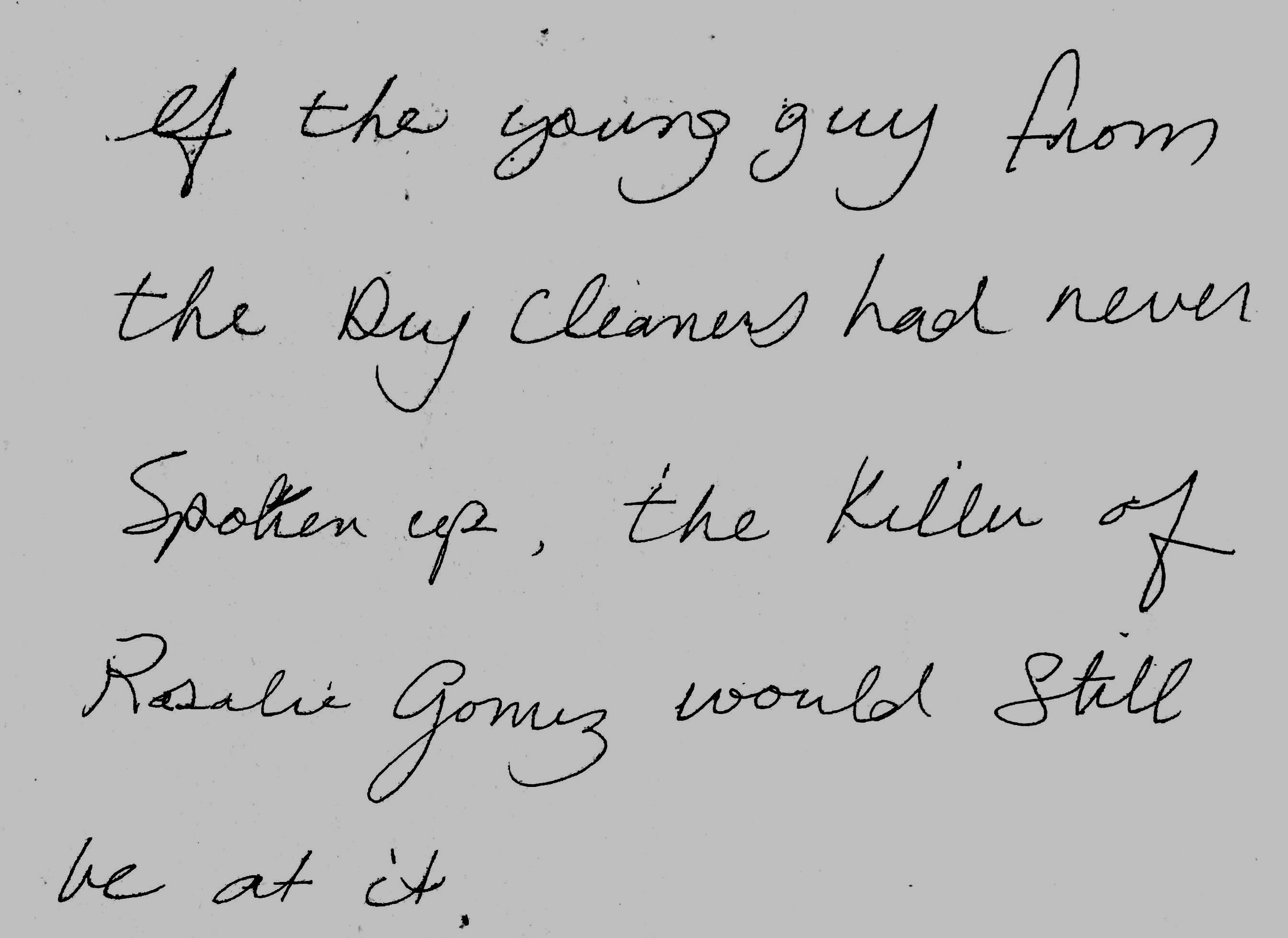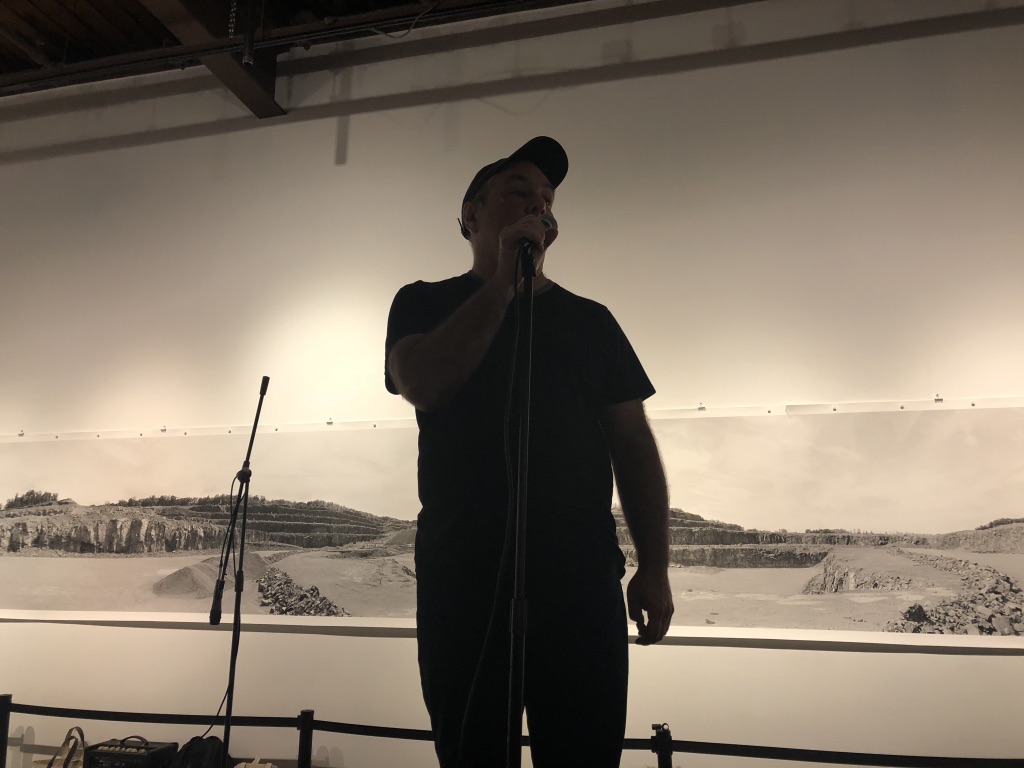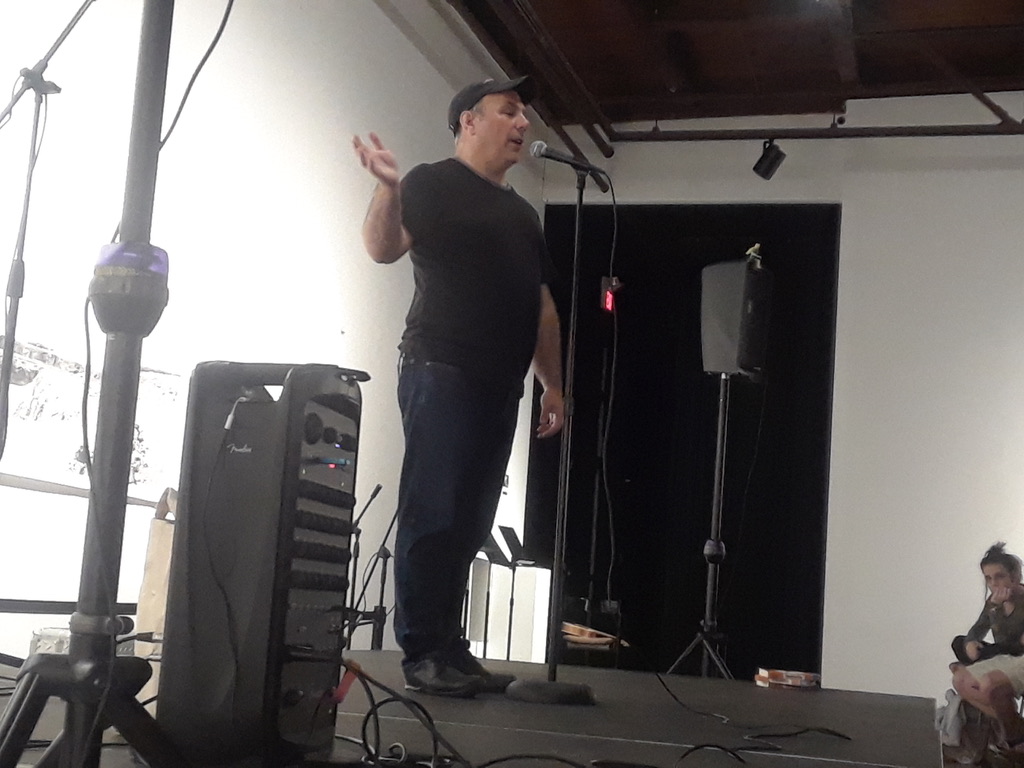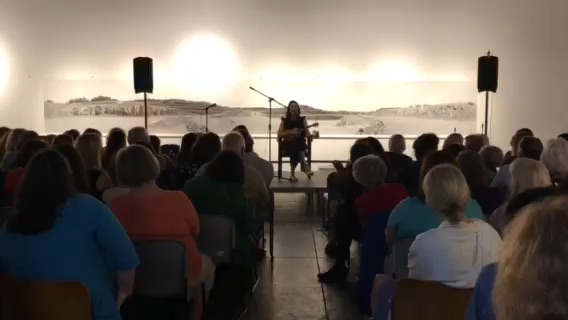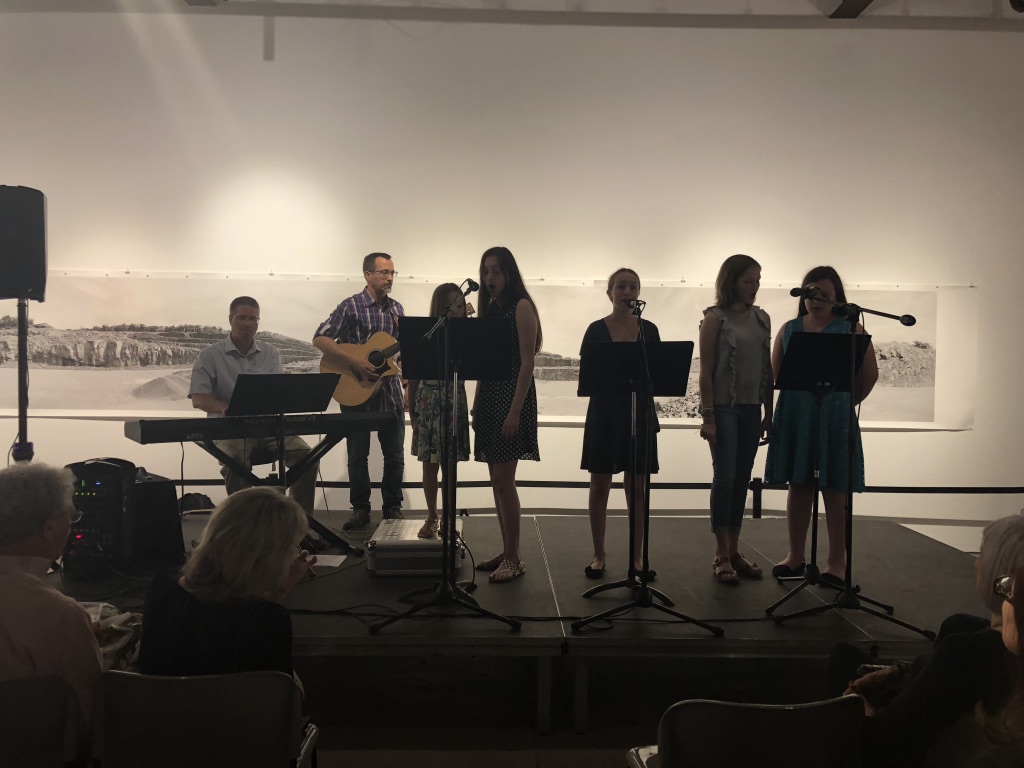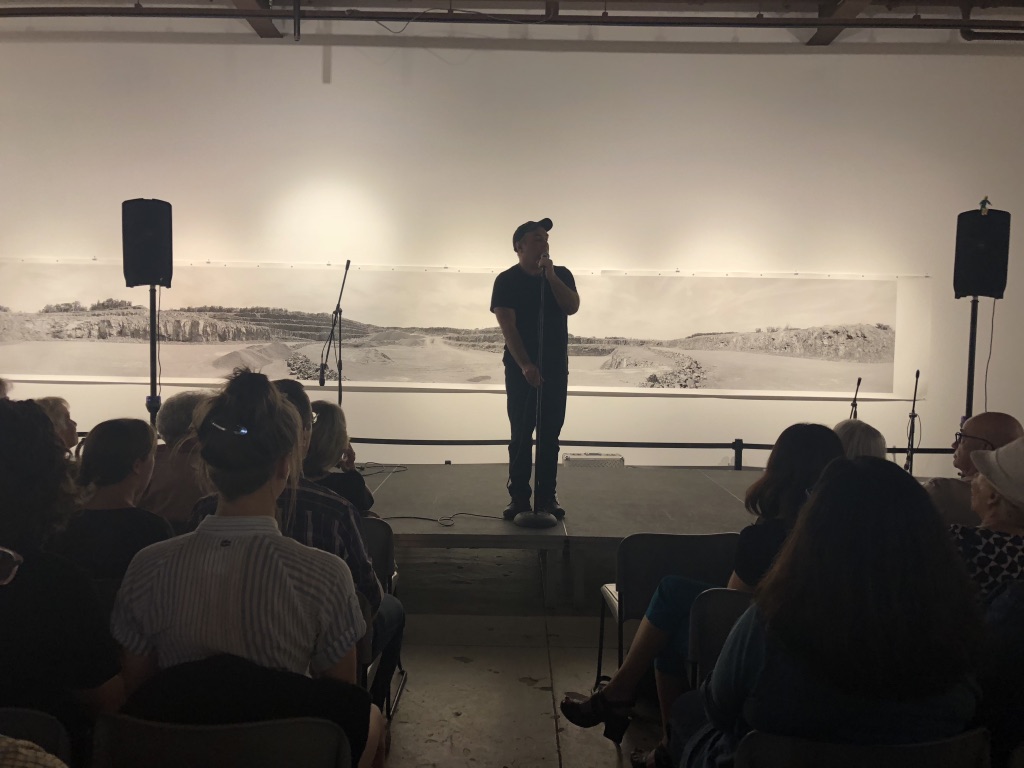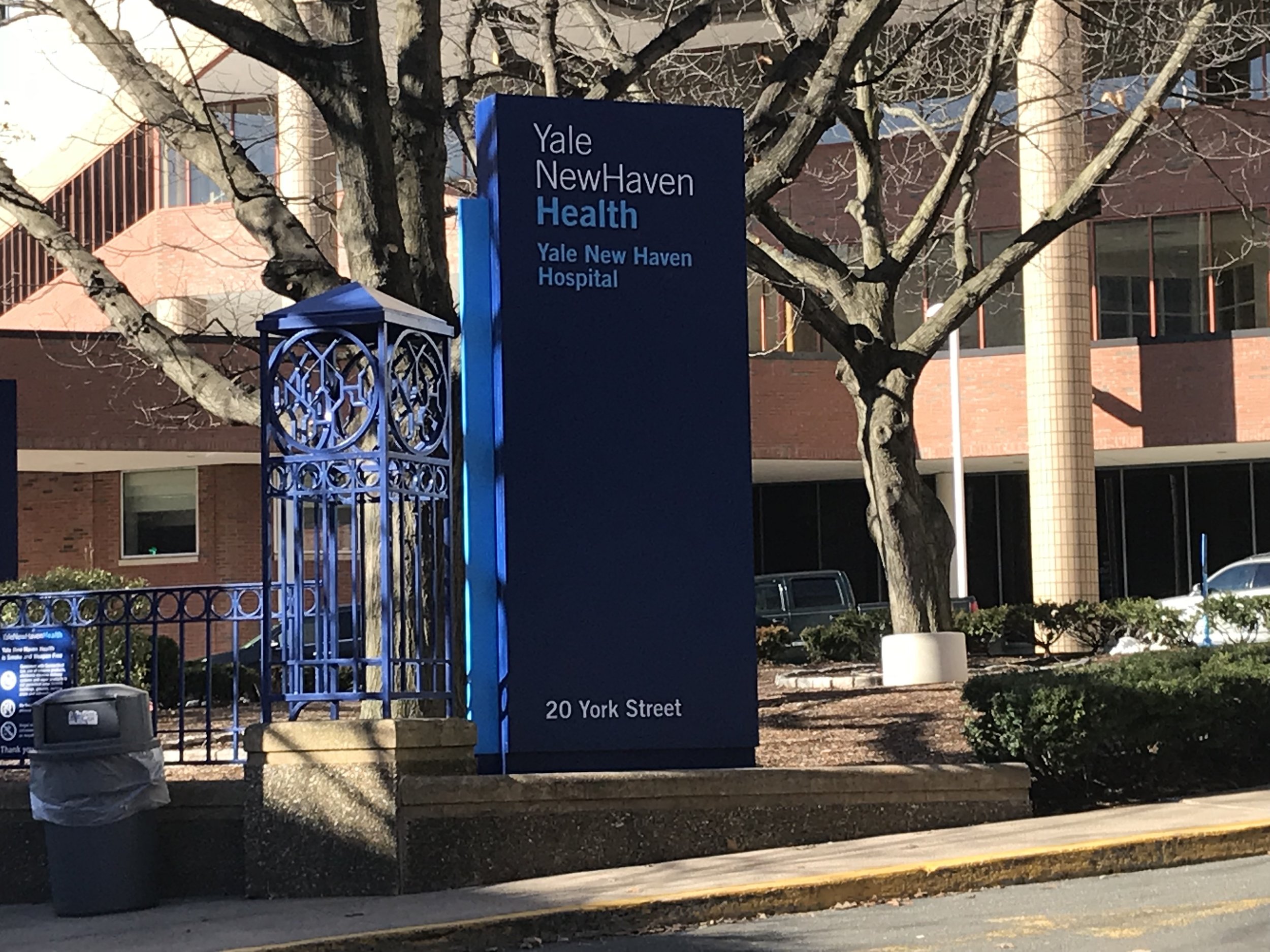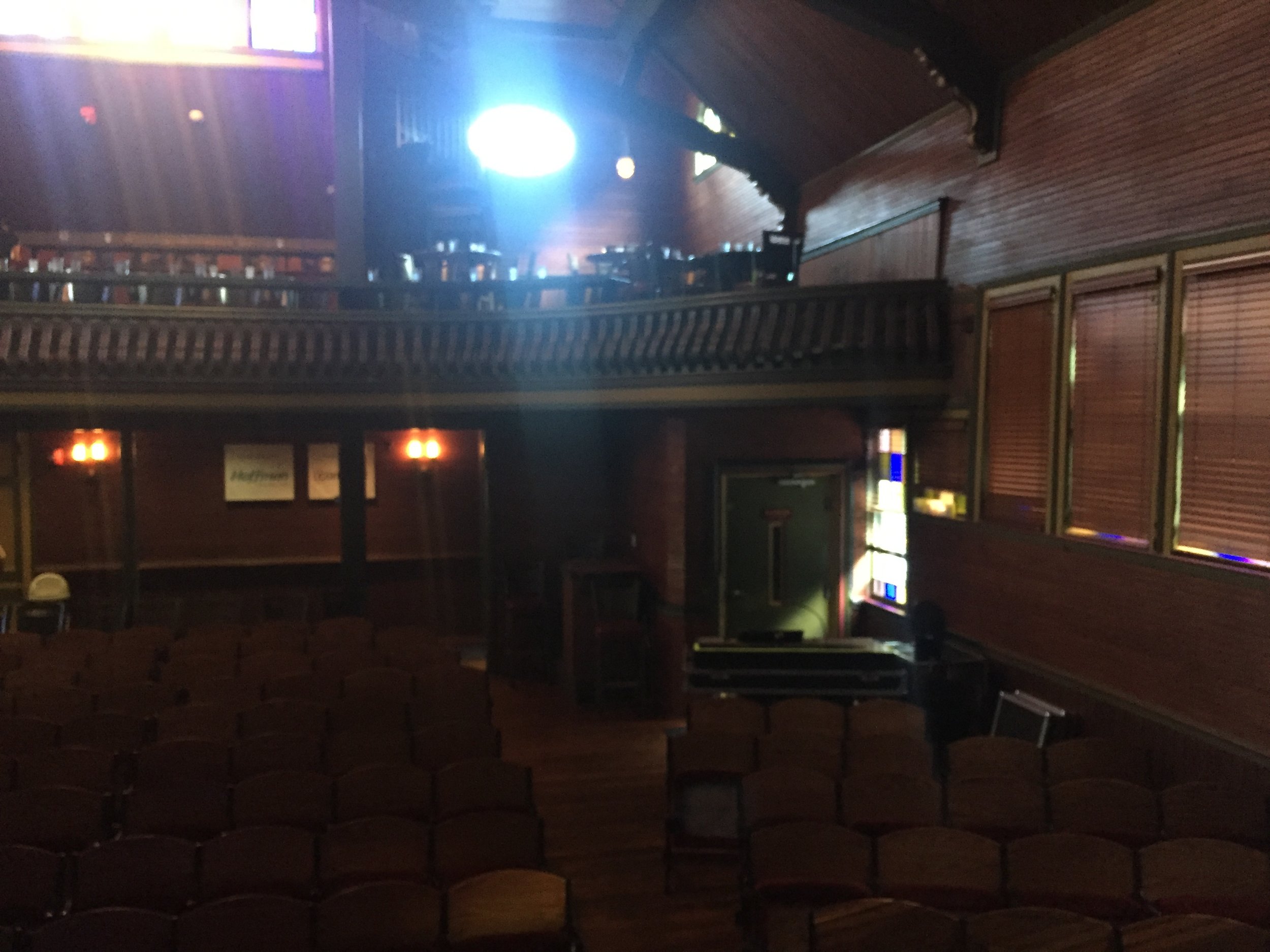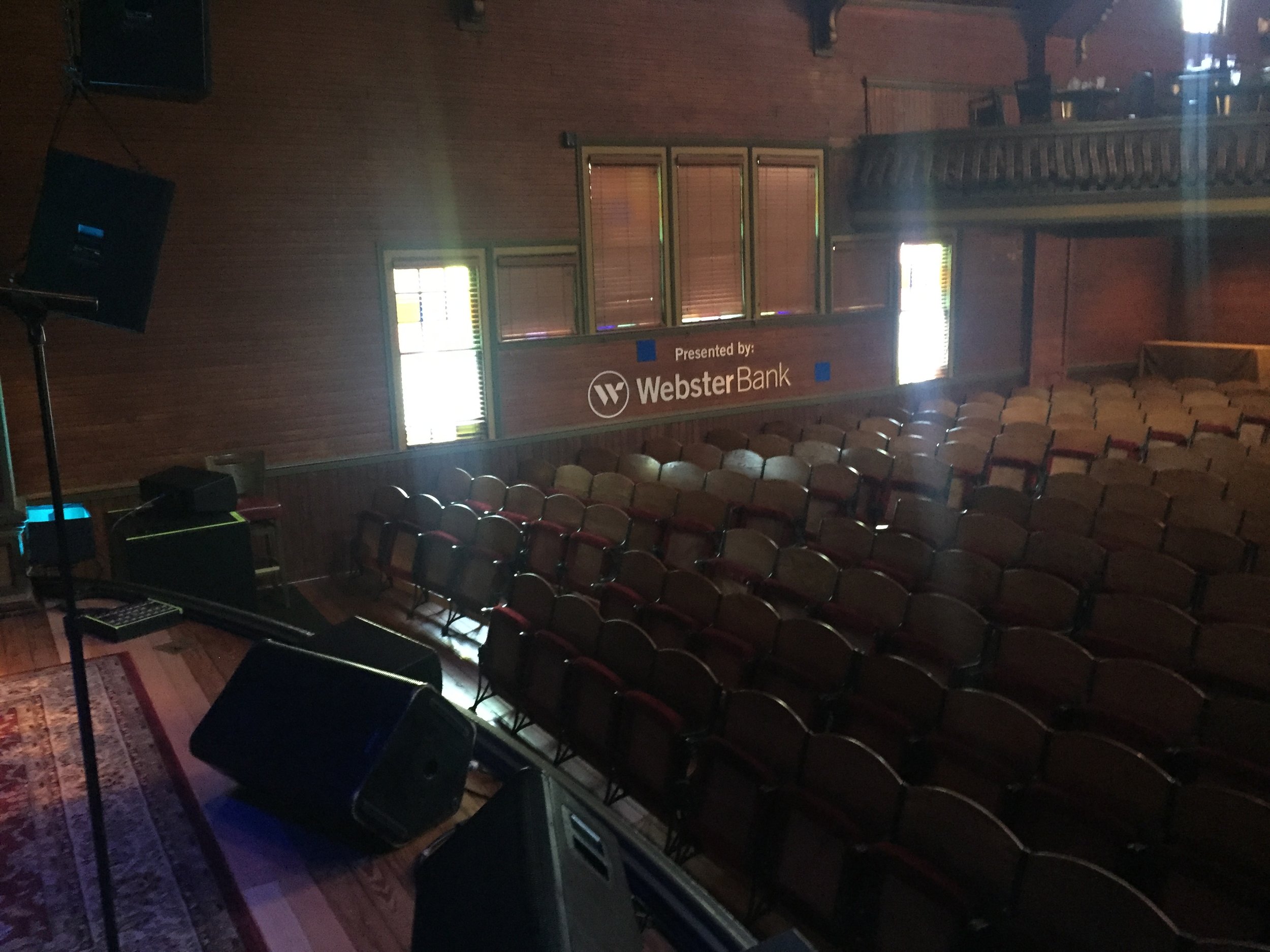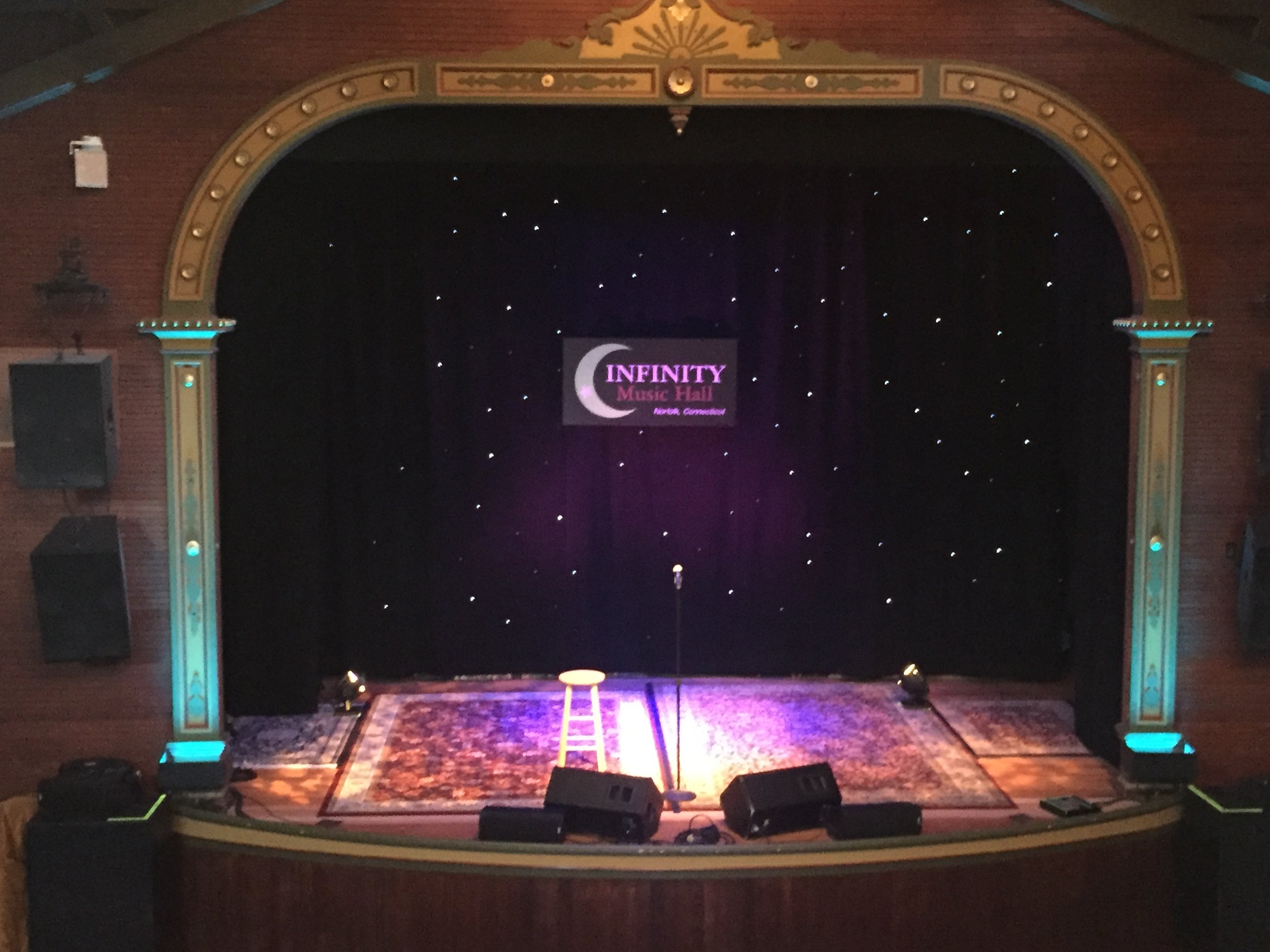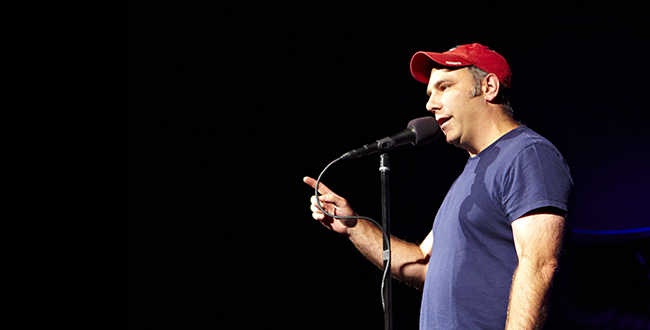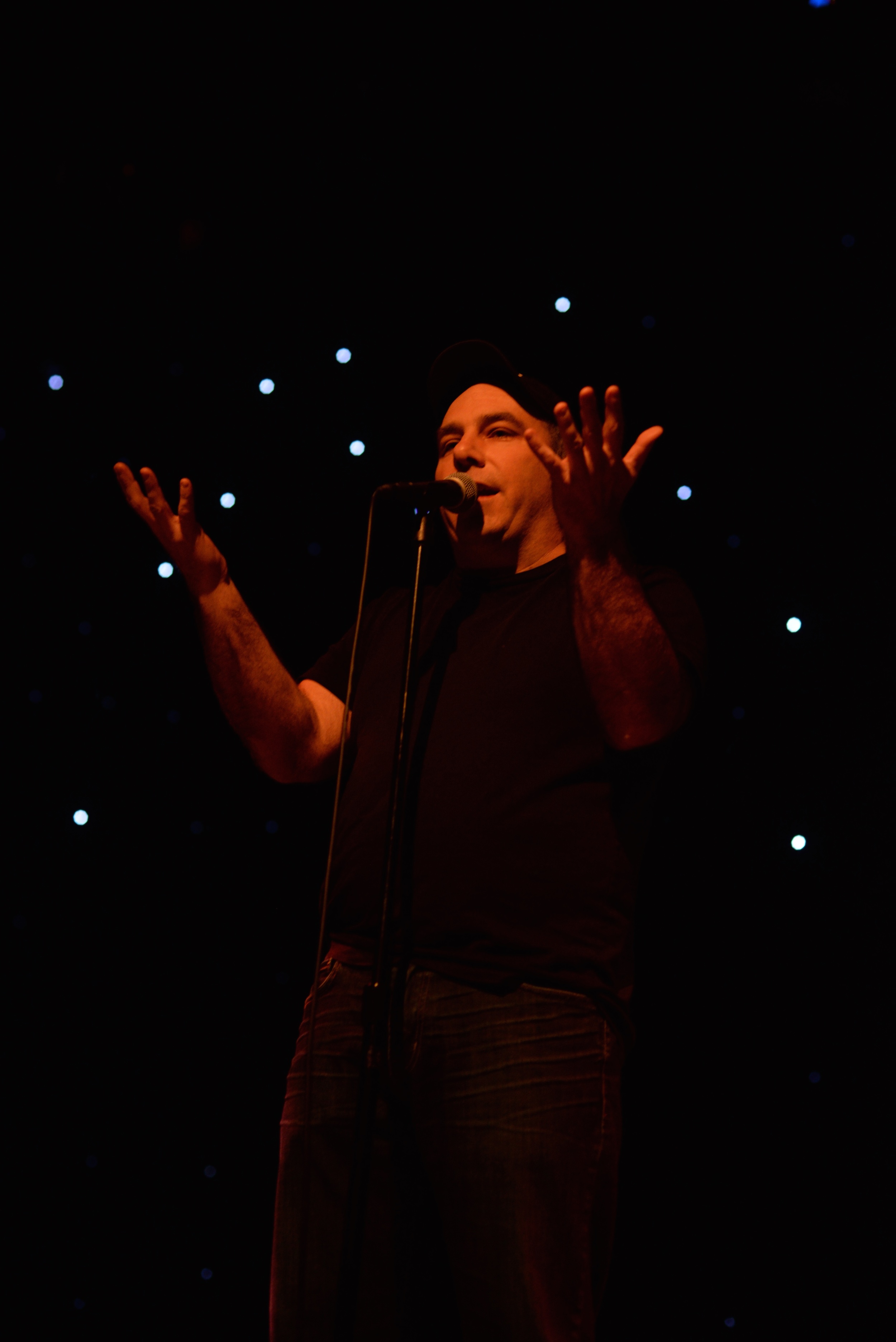As a teacher, I often find myself in meetings with teachers and staff from other schools in various buildings throughout the district. Up until this year, my habit has been to sit amongst my friends and colleagues in these meetings whenever possible, as most people tend to do.
It makes sense. Sit amongst your friends. Surround yourself with your people.
This year I've adopted a new policy:
Whenever possible, I sit beside someone I don't know. Typically it's a teacher or staff member from another school, but anyone will do. Principal. Administrator. Custodian. At the risk of denying my friends and colleagues my scintillating company and acerbic wit, I choose to forgo the comfort and ease of friends for the opportunity to meet someone new.
It's a good policy, I think. Even though it would be easier and perhaps more entertaining to sit amongst my friends, I have learned (in large part thanks to my wife) the value of broadening one's network. Making new friends and professional contacts. Getting to know people.
People often ask me how Elysha and I managed to make Speak Up - our storytelling organization - so successful so quickly. By our second show, we had an audience of more than 200 people, and we have been selling out venues ever since. I tell people that we're successful because we produce a high quality, entertaining, and diverse show each and every time, and I believe that. People know that a Speak Up show is a great way to spend a night out.
But those initial audiences? The hundreds of people who came before we has established our reputation and our brand?
We also know a lot of people. We have many friends and acquaintances. And those early audiences consisted primarily of friends, colleagues, neighbors, and acquaintances who came out to support our endeavor.
Today I don't recognize most of the audience members at a Speak Up show. Though there are friends mixed in here and there, every Speak Up show brings new people to the fold, and we've met dozens, if not hundreds, of new people thanks to Speak Up. Many have become dear friends. But that early success was in part thanks to the many people I know and the extraordinary number of people who Elysha knows.
It's good to get to know people. It's beneficial to broaden your horizons. It's important to meet folks who are unlike yourself. I've watched Elysha establish deep and meaningful friendships with people after meeting them in doctor's offices, coffee shops, playgrounds, museums, and the Nordstrom's restroom. She seeks to say hello. Introduce herself. Ask questions. Get to know new people.
Our lives are richer because of it.
So I sit beside new people in meetings now. I introduce myself. Ask lots of questions. Try to get to know new people amidst the agonizing PowerPoint presentations and slowly moving second hand of the clock.
It's a good policy, I think. Transforming a meeting into an actual meeting.
Not always easy, but the difficult thing and the right thing are so often the same thing.

